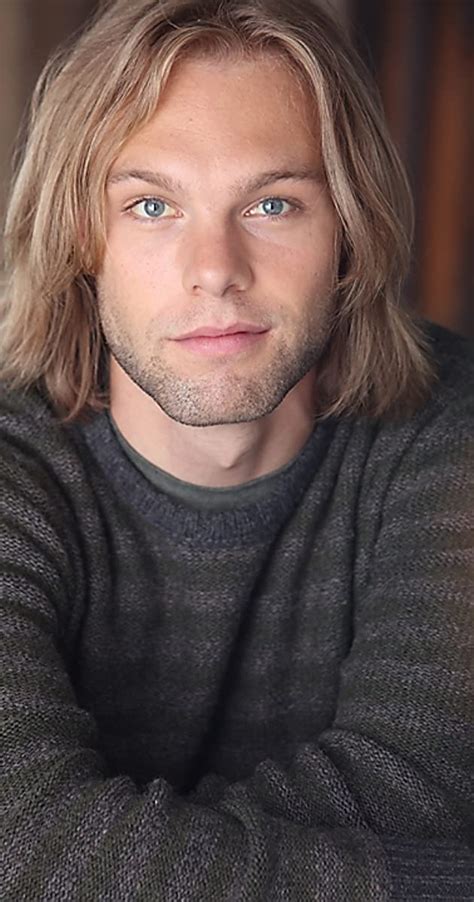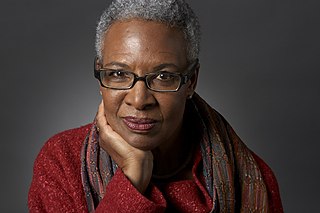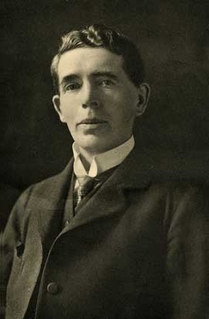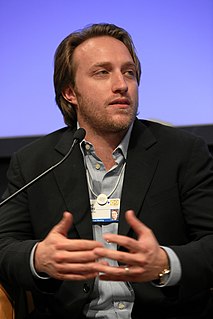A Quote by Doris Kearns Goodwin
Ironically, the more intensive and far-reaching a historian's research, the greater the difficulty of citation. As the mountain of material grows, so does the possibility of error.
Related Quotes
Research is an expression of faith in the possibility of progress. The drive that leads scholars to study a topic has to include the belief that new things can be discovered, that newer can be better, and that greater depth of understanding is achievable. Research, especially academic research, is a form of optimism about the human condition.
I may remind you that history is not a branch of literature. The facts of history, like the facts of geology or astronomy, can supply material for literary art; for manifest reasons they lend themselves to artistic representation far more readily than those of the natural sciences; but to clothe the story of human society in a literary dress is no more the part of a historian as a historian, than it is the part of an astronomer as an astronomer to present in an artistic shape the story of the stars.
Every entrepreneur faces trade-offs when founding and growing their company. As we discovered at YouTube, those early decisions have far-reaching impacts and lead to unforeseen pitfalls down the road. Noam Wasserman uses vivid anecdotes and deep research to expertly outline the key early choices that define a startup, making The Founder's Dilemmas an invaluable alternative to real-world trial and error.
You see, if the height of the mercury [barometer] column is less on the top of a mountain than at the foot of it (as I have many reasons for believing, although everyone who has so far written about it is of the contrary opinion), it follows that the weight of the air must be the sole cause of the phenomenon, and not that abhorrence of a vacuum, since it is obvious that at the foot of the mountain there is more air to have weight than at the summit, and we cannot possibly say that the air at the foot of the mountain has a greater aversion to empty space than at the top.







































